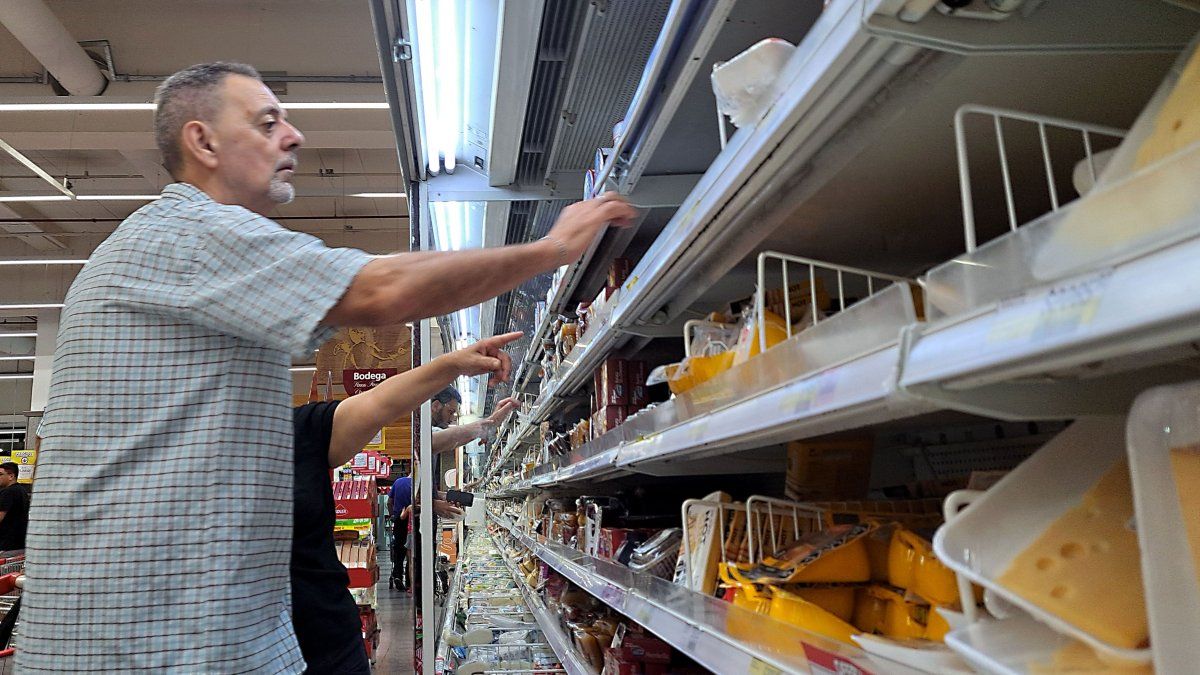According to Focus Market, this responds to stagnation in population income, mainly of the middle class.
Mass consumption fell 3.2% in May. Happened Despite inflation decelerationsince still real wages do not exhibit a significant recomposition.
The content you want to access is exclusive to subscribers.
This was reported by the consultant Focus Market through a survey at 756 points of sale of everything in the country. The amount of registered tickets was 4.1% lower than the previous month, while the billing of the shops contracted 1.7%.


image.png

According to Damián Di PaceDirector of Focus Market, this was explained by the stagnation in population income, mainly of the middle class. “Although the average monthly inflation is moderated, the rise in services, after the correction of relative prices of the economy, subtracts consumption capacity in goods. Salary recomposition comes very in line with inflation and Joint settings are insufficient To reverse the accumulated fall of real income, “he said.
The economic analyst said that “the decrease in inflation empowers the poor and homelessly more than the middle class that still sees high rise in services” and that “fear is no longer for the price to rise, but not to admit the income to reach the end of the month.” In that context, he warned that The forward challenge for the Government is to “consolidate macroeconomic stability without neglecting the pace of social recomposition and real income”.
“If inflationary deceleration continues and the labor market is stabilized, the elections are an important barometer to give a sign of continuity in the structural and institutional improvements that Argentina requires. Mass consumption companies are already adjusting strategies, with selective promotions and reinforcing presence in closeness channels with discounts and 2×1“He deepened.
The purchasing power of the middle class deteriorated in the Milei era
According to a report from the RA center of the University of Buenos Aires, The purchasing power of the middle class deteriorated in the first year of the Government of Javier Milei, mainly due to a 33% services in front of the goods. As a consequence, the expense of this segment of the population in services went from 49% to 59% in one year.
The work remarked that “the percentage increases in essential services were alarming.” “In the city of Buenos Aires, gas increased approximately 631%, transport by 707%, electricity by 390%and water about 350%, increases far higher than 129%that was seen in food spending.”
Source: Ambito




